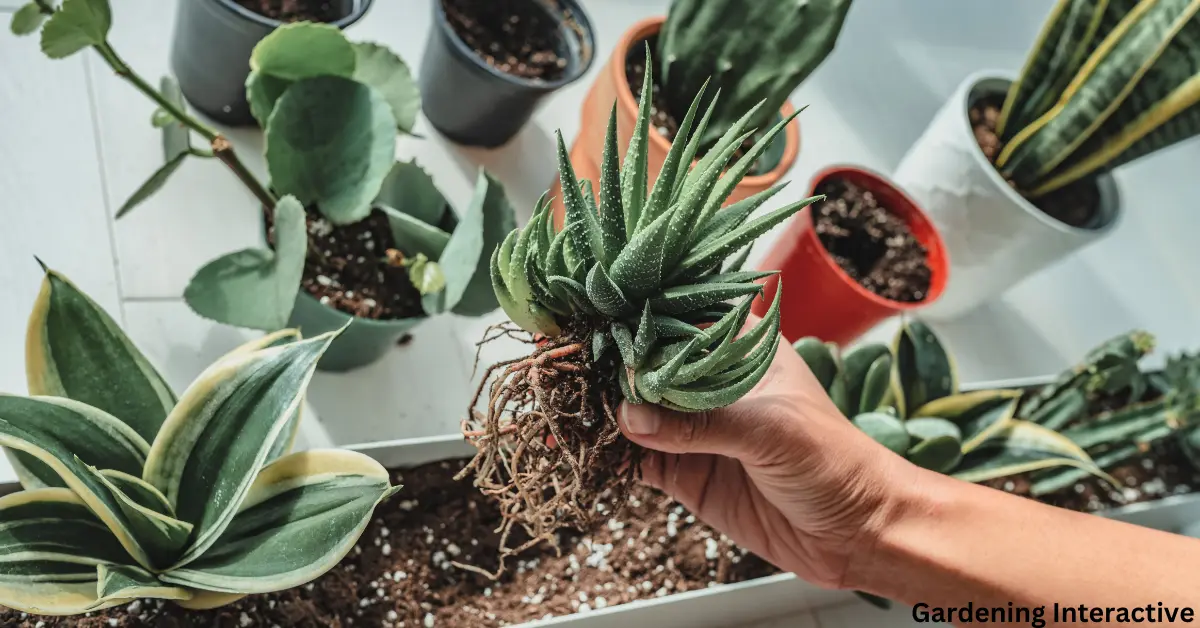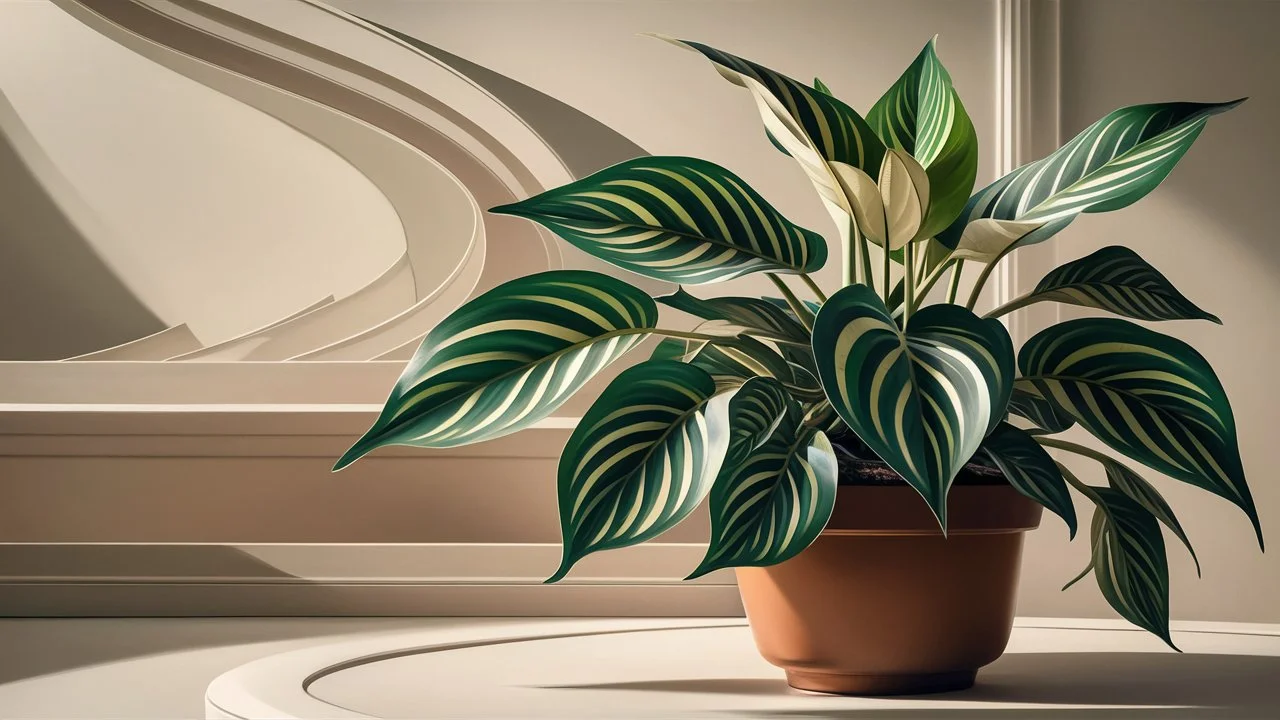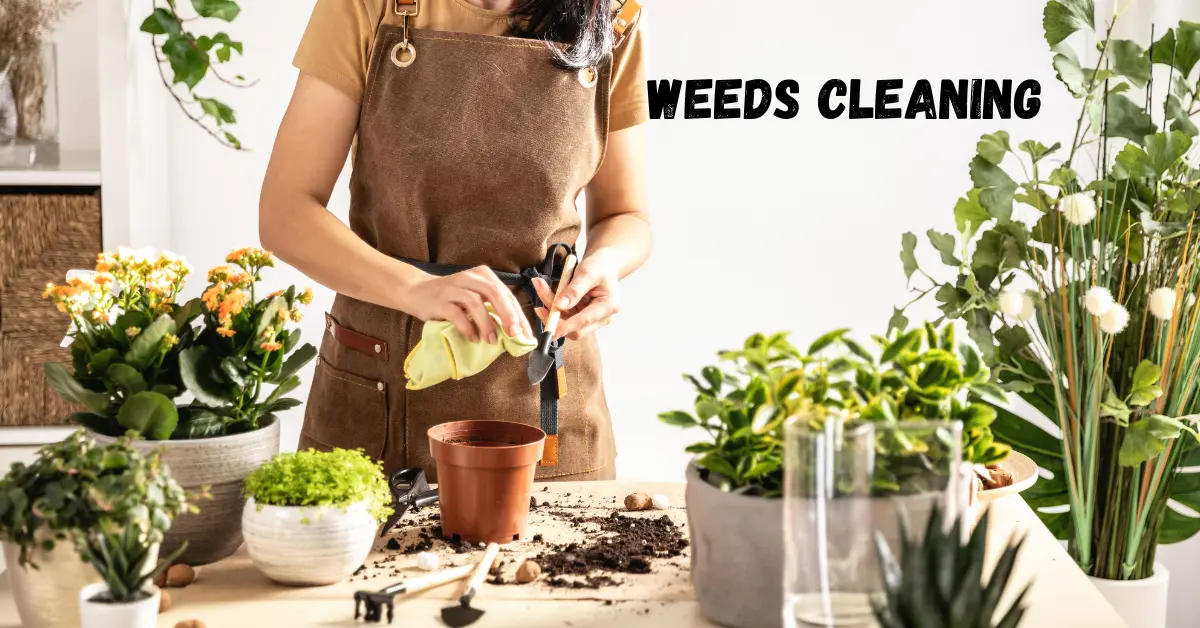
Are ZZ Plants Toxic to Cats? Safety Checks
- Mitford Rakib
- March 24, 2024
- BEGIN YOUR ADVENTURE, Indoor plants, Pet-friendly plants
- 0 Comments
“Keeping Cats Safe from ZZ Plants: A Clear Guide” Are ZZ Plants Toxic to Cats?
Intro: Are ZZ Plants Toxic to Cats?
Many people enjoy growing plants indoors lately. ZZ plants are tough plants that clean air. But, they can be bad for cats. This guide explains ZZ plant dangers for cats. It covers signs of trouble, prevention tips, and steps if your cat eats one. Really, Are ZZ Plants Toxic to Cats?
ZZ plants contain toxins that harm felines. Cats may bite, chew or eat parts of these plants. This causes issues like stomach pain, vomiting, and drooling. In severe cases, breathing trouble and seizures can occur. Signs appear 2-3 hours after ingestion so watch closely.
To prevent problems, keep ZZ plants completely away from cats. Place them high up on shelves or in rooms cats can’t access. Use hanging planters hung from ceilings to ensure cats avoid these toxic plants. Clear any leaf or stem bits that fall. With diligence you can grow ZZ plants safely if you have cats.
Are ZZ Plants Toxic to Cats?
- Basic Knowledge: ZZ plants have a compound, calcium oxalate. This compound is toxic for cats if eaten. Compared to other houseplants, ZZ plants are less toxic. But cat owners must be careful. The toxic substance irritates a cat’s mouth, stomach, and digestive system.
The compound calcium oxalate in ZZ plants is poisonous when cats consume it. Although ZZ plants are less harmful than several common houseplants, their toxicity poses risks. Ingesting the toxic substance leads to discomfort and irritation in a feline’s oral cavity, belly, and digestive tract.
Read More…
Signs of Cats’ Toxicity from ZZ Plants:
- Look for clues that your cat ate a toxic ZZ plant: drooling, vomiting, trouble swallowing, or pawing at their mouth. These could mean bad things! In serious cases, your cat might seem sleepy, not want food, or find it hard to breathe. Don’t wait if you see any of these signs – get them to the vet right away!
How to Protect Your Cats from ZZ Plants:
Safety of your cats is always our first priority therefore, prevention is the key to ensure this. Consider these simple yet effective measures:
a. Placement: The best option for a place where you will place those plants is in spots where your cats can’t reach. All the ideal places for the plants are either up on top of the shelves where cats cannot reach or hanging planters.
b. Deterrents: The Cat is nicknamed Ninja for their inquisitive nature. Thus, using the natural deterrents like citrus peels and pet safe repellents may help in deterring cats from wanting to explore the ZZ plants.
c. Alternative Greens: By giving your cats cat-specific grass or greenery as an alternative option for urinating. This is the kind of thing that will awaken their eyes from the ZZ plants.
Treatment for Cats If It Eats ZZ Plant:
If you suspect or witness your cat ingesting ZZ plant leaves, take immediate action:
a. Contact Vet: Ring your cat’s vet straight away and give him the full information about what happened. They may provide next steps direction focused around your cat’s health and the quantity of the poison he/she consumed.
b. Inducing Vomiting: On some occasions your vet might be suggesting you throw up instead of coming to the clinic. But do not attempt this alone or without the instruction of professionals.
c. Fluid Therapy: There’s a very good chance that your vet will start the treatment by giving your cat fluids to speed up the removal of the poison and to also prevent dehydrations.
d. Monitoring: Upon treatment, spend more time with the cat and watch out for any remaining signs. Also, continue to follow their care plan bought from the vet.
How Do You Get Your Cat to Quit Consuming ZZ Plants?
Getting your cat to stay away from the ZZ plants is a real balancing act and it takes lots of patience and persistence. Follow these steps:
a. Positive Reinforcement: Reward your cat if they stay away from the ZZ plants. From rewards like these, the cat may be able to connect the dots between a good behavior act and the positive things that followed.
b. Distract with Toys: Offering your cat interesting toys and adventures that will keep it occupied and less tempted by eating ZZ plants is an answer.
c. Use Safe Repellents: Employ cats away from ZZ plants by planting pet safe repellent products around them. DIY methods such as making lemon juice based mixture can be bought online or prepared at home.
d. Consult a Behaviorist: If there still exists a behavior of interest for ZZ plants of your cat, you are fortunate enough to have a visit or appointment with an animal behaviorist on this matter.
Ending Note:
Although ZZ plants are fantastic to add some plants into the indoor garden, one must come to understand that the safety of your cats is worth more. Acknowledging the hazard, and discerning the symptoms of poisoning as well as the preventive provisions are the central factors for granting the benefits of plants and cats’ paradise. The end result is a place meant for the growth of companionable plants and pets living a more prosperous life.
Frequently Asked Questions (FAQ):
Q1: Are ZZ plants the only toxic houseplants for cats?
A1: No, various plants, including ZZ plants, can be harmful to cats.
Q2: Can ZZ plants cause severe harm to cats?
A2: While ZZ plants have low toxicity, ingestion can lead to discomfort and require immediate veterinary attention.
Q3: Can I safely keep ZZ plants and cats together?
A3: Yes, with proper precautions like placing ZZ plants out of reach and providing cat-friendly alternatives.
Q4: How do I identify if my cat ingested ZZ plants?
A4: Watch for signs like drooling, vomiting, or lethargy. Seek veterinary help if you notice these symptoms.
Q5: Can I induce vomiting at home if my cat eats ZZ plants?
A5: No, seek professional guidance for inducing vomiting. DIY attempts can be harmful.






